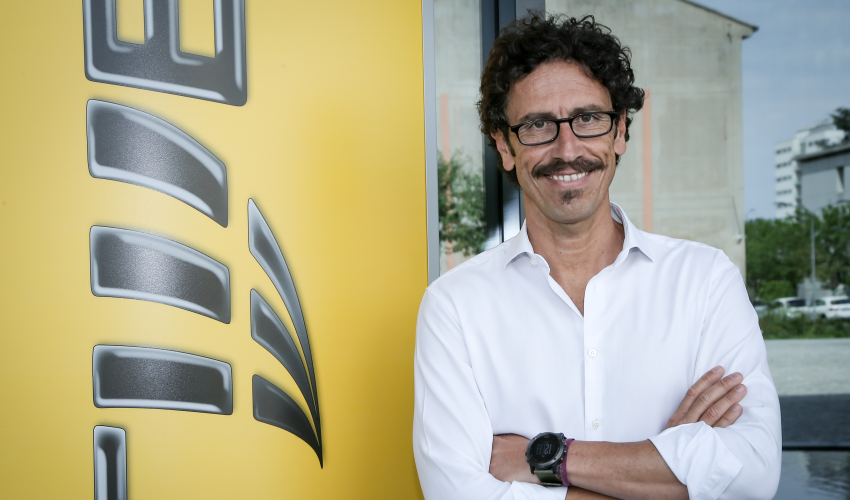
Resilience Comes from Accumulated Practice
FASTWEB IS A PROFITABLE FIBEROPTIC CABLE COMPANY THAT HAS HEAVILY INVESTED IN DATA AND PLATFORMS. IT INTRODUCED SMART WORKING BEFORE THE PANDEMIC, SOMETHING THAT MADE IT MORE RESILIENT DURING THE LOCKDOWN, AS ITS EMPLOYEES HAVE KEPT FOCUSED AND ENGAGED ON BUSINESS OBJECTIVES. EXPLAINS ALBERTO CALCAGNO, CEO OF FASTWEB"In my years at Bocconi I don't think I have ever heard resilience discussed in the classroom, but this was in the early Nineties and the world seemed a lot easier: it was before full-fledged globalization, before the boom of digital.." says Alberto Calcagno, CEO of Fastweb since 2013 and a Bocconi economics graduate. He goes on to describe the fundamental variables of the formula that has enabled the corporation to post positive earnings for 28 consecutive quarters, including the latest ones. Of course, ICT is one of the few industries not penalized by Covid lockdowns, however very strong competition and eroding profits are commonplace so that performance is negatively affected on average.
"Our ability to manage the new complexity started long ago," explains the manager. "First of all we were the first to understand that the concept of infrastructure was evolving and that we could not be just an optical fiber company because fiber was only part of a nascent ecosystem. It was not enough to lay cables, you had to consider data management and therefore invest in data centers, platforms for cloud computing, advanced services for cybersecurity, and now 5G. A holistic concept of the infrastructure supported by continuous investment equal to about 30% of total turnover each year, which has allowed us to position ourselves in terms of quality of the service rather than price. This way, in a scenario in which many competitors compete on rates and services, we had the opportunity to differentiate ourselves and respond to the appetite for bandwidth and reliability that was created".
In addition to this, at least two other determining factors of the Fastweb strategy deserve mention. First, they targeted the household market (which represents half of the €2.5 billion annual turnover) as well as the business market made of large companies, public administrations, SMEs, wholesalers and freelancers. Second, they adopted a less hierarchical and more collegial organizational structure, in which all levels are given the incentive to act, not just execute, thus making the company respond to emergent market opportunities more quickly.
"This approach has shown its advantages especially during the lockdown, when we all worked remotely from home ", underlines Calcagno, who recently dedicated a book to the challenge of business growth, Get in the Game (original title in English, published by Mondadori). "In fact, we had been practicing smart working for at least 5 years, implementing not only technologies and processes, but working on a shared culture based on trust in employees and on the achievement of corporate objectives which make work from home possible and profitable. The result has been that we have achieved greater employee involvement, engagement and commitment and have been more productive than in any other period of time. Actually, I believe that the spirit of internal cohesion that was created by the memory of very intense moments collectively experienced will remain in the company for a long time, because we can’t go back and most especially, we don't want to."
SHORT BIO
Alberto Calcagno, born in 1972, is CEO of Fastweb. After graduating in Economics from Bocconi, he worked at international investment banks such as Salomon Brothers and Donaldson, Lufkin & Jenrette, where he specialized in mergers and acquisitions in the telco industry. He was hired by Fastweb in 2000, when the company was still in its start-up phase, and has since held various positions, rising to CFO and then to CEO.
by Emanuele Elli
Translated by Alex Foti
